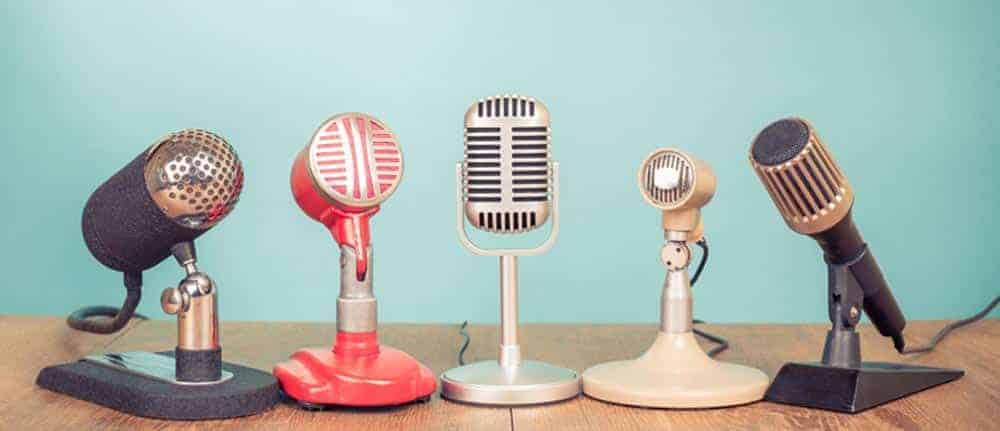Open Access & Educational Work


The academic community is not unlike the SAP community in terms of educational outreach. E-3 Magazine is a platform, not a source of knowledge.
The numerous scientific journals also do not research data. In both worlds, the sources of knowledge are outside the publishers and the sink is the members of a community.
For E-3 Magazine, it is an educational mission to collect the knowledge of the SAP community, consolidate it, edit the resulting texts, and return them to SAP's existing customers and partners as a print magazine and online (web, newsletter, social media). Most journals from the academic world work in a similar way.
The difference is found in the business model: How is E-3 magazine financed? How are the science journals financed? Is the respective financing model fair? Are there alternatives and improvements?
There is discourse in academia because scientific publishers have raised subscription fees to their journals sharply in recent years.
Leading German universities have already canceled subscription contracts. Why?
The source of knowledge is predominantly research institutions and universities funded by the state and thus by taxpayers' money. It is therefore not illogical that the knowledge generated there should ultimately belong to the taxpayer and thus to the public and be made directly accessible.
The publishers are fighting back because they not only have a monopoly, but also make excellent money from the scientific journals: no significant effort in content creation, but high subscription income from the libraries of universities and scientific institutions.
Open Access does not want to prevent publications in specialist journals, but rather to enable free access to knowledge directly. To achieve this, publishers would have to make a compromise: lower their subscription fees and at the same time make the texts "public domain.
E-3 Magazine found a successful financing model many years ago: The publication is predominantly financed by those who also have the profit at the end of the day.
E-3 educational work sets in motion an ecosystem that provides users with knowledge and information and results in users becoming customers of SAP partners and SAP itself.
So far, this financing model has worked sufficiently well through the marketing activities of SAP partners. But it is no secret that more marketing would also enable more educational work and that there are always free riders: publish yes, invest no!
Even very large and financially strong SAP partners deny themselves to this ecosystem and show no interest in the knowledge work in the SAP value community. However, the information cycle of the free and independent SAP community can only be maintained with a corresponding money cycle.
We are committed to open access, to providing the SAP community with free access to knowledge, information, and education.






